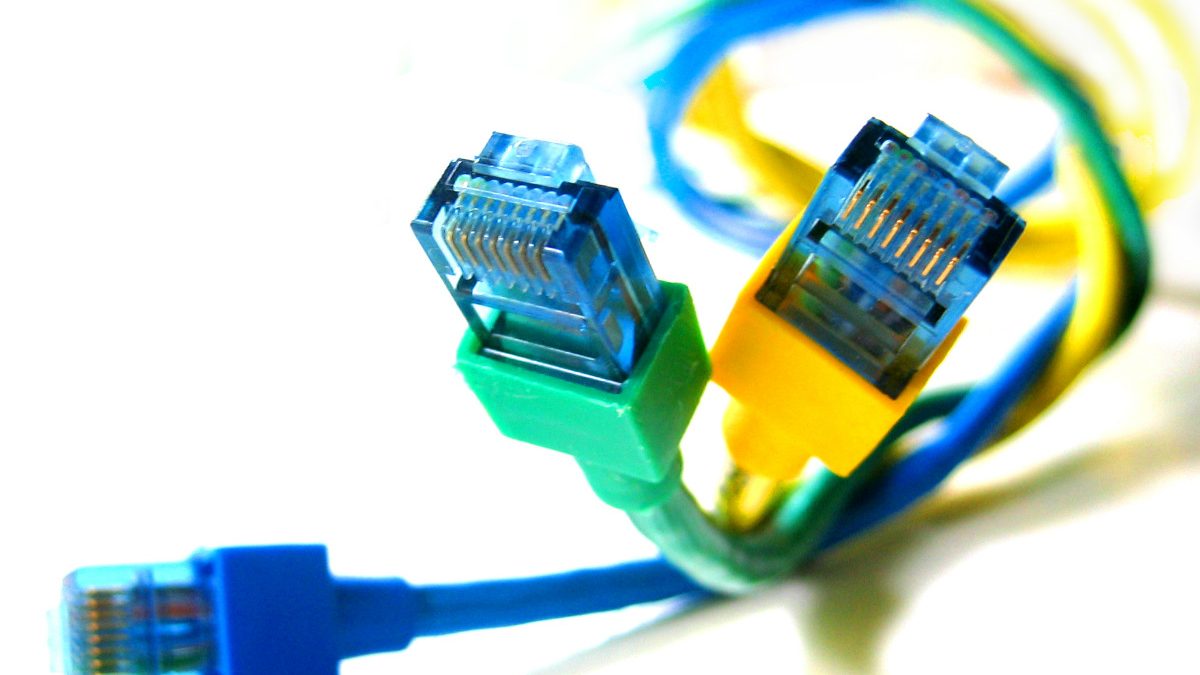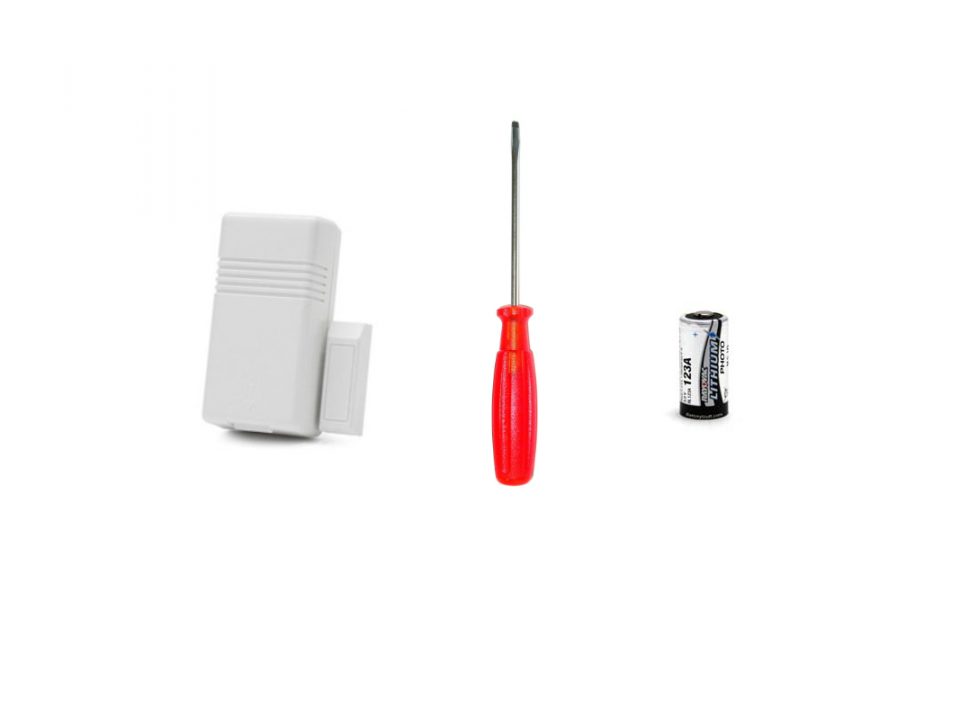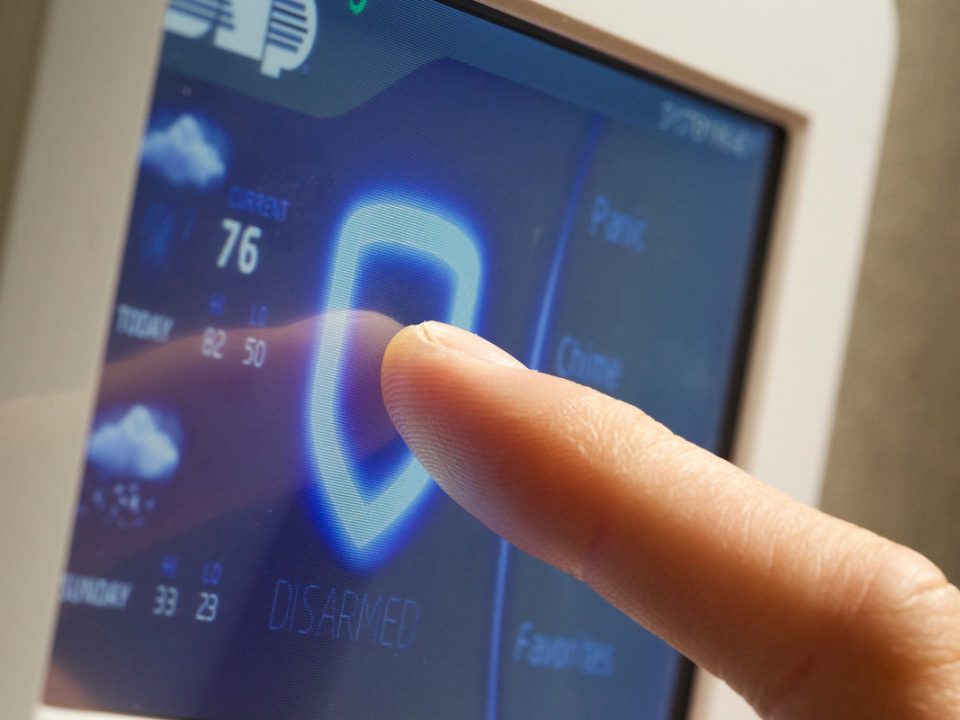When It Comes To Wired vs. Wireless Cameras, There’s One Clear Choice.
Wouldn’t it be great to live in world without wires? With the current pace at which technology is advancing we may very well be close to losing our tech tethers forever, especially when it comes to the wireless charging of devices.
But when the wireless vs wired debate reaches the field of video surveillance and security cameras, the wireless solution is not the slam-dunk choice as it is with charging. It’s slowly becoming one of our most frequently asked questions about security cameras (though it didn’t crack our top 3).
With more sensitive information being transmitted over camera systems, as well as limits with current wireless camera technology there are several items to cover in this debate. Here’s the breakdown of wireless cameras vs wired security cameras.
Wireless Cameras: Pros and Cons
The primary advantage of wireless security cameras is the ease of installation. Without the need to send information via a connecting cable or wire, the only concern is finding a power source.
This brings up one point that is often overlooked when it comes to “wireless” cameras: despite it’s “wireless” name, you’ll still need a wire to power it!
So unless you plan on putting your wireless security cameras close to electrical outlets, you’ll still face the challenge of routing a wire to a power source. Essentially you’ll be letting your electrical outlet dictate where your cameras will go, instead of placing them to give you the best vantage of your home or business.
Another con with wireless cameras is quality and reliability. Despite wireless camera technology improving at a rapid pace, it still can’t quite provide the high level of quality and reliability that wired solutions can.
Wired Cameras: Pros and Cons
The tried and true wired security camera system provides a high quality video feed and because it doesn’t have any wireless interference to deal with, is several times more reliable than a wireless camera system.
Also, you’ll won’t have to worry about finding a power source close to your cameras; the wire that is ran to each camera both provides power to the camera and relays the video feed back to a secured power source and DVR or NVR.
As for routing the cables, (which, as we mentioned above, you’ll have to deal with either way) it can be a real pain because you’ll have to get into the all of the cracks and crevasses of your home or business in order to fish them back to a main power source. That is, of course, unless you have a quality security company in Charleston to help you out.
The Decision
If you’re going to install a security camera system, two of the things you’ll want to look for is quality and reliability. A break-in or other criminal event could happen at any time and you’d kick yourself if the camera system you selected wasn’t recording or the feed was disrupted while it was happening.
While there are some great, innovative wireless security cameras becoming available on the market, there’s just no beating a wired security camera solution when it comes to quality and reliability.




